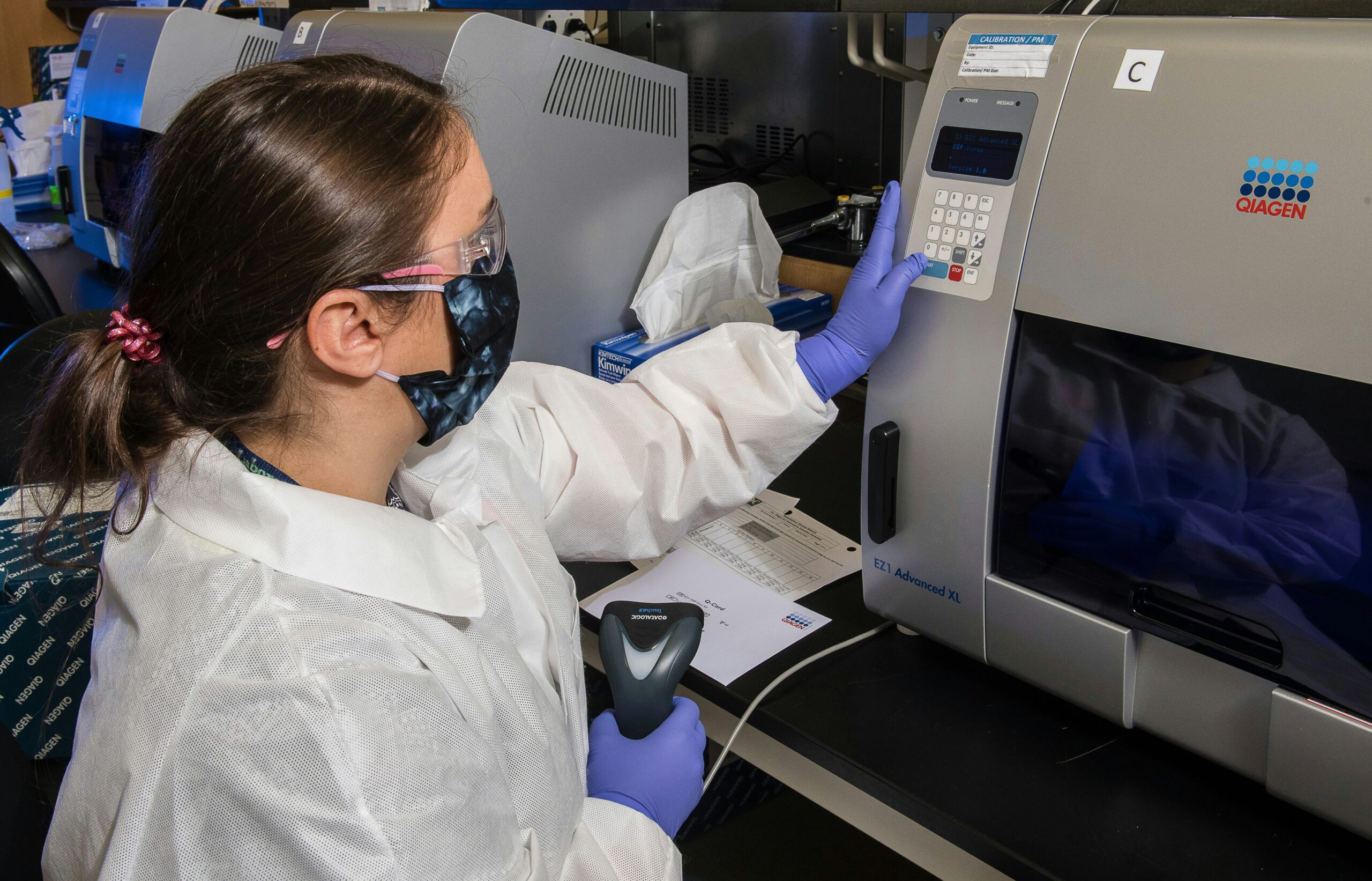
What are Herpes Simplex Diseases?
Herpes simplex diseases are viral infections that can cause sores, primarily around the mouth and genitals. They are caused by the herpes simplex virus (HSV), which comes in two types: HSV-1 and HSV-2. HSV-1 is typically associated with oral herpes, which manifests as cold sores. On the other hand, HSV-2 primarily causes genital herpes. Both types are highly contagious and can be transmitted through direct contact with an infected person.
Causes and Transmission
The primary cause of herpes simplex diseases is the transmission of the herpes simplex virus. This can occur through various means, such as kissing someone with an active cold sore or engaging in sexual activities with an infected partner. It’s important to note that the virus can be spread even when no visible symptoms are present. This asymptomatic shedding makes it crucial for individuals to be aware of their infection status and practice safe behaviors to reduce the risk of transmission.
Symptoms and Management
Symptoms of herpes simplex diseases vary but often include painful blisters or sores in the affected area, itching, and flu-like symptoms in initial outbreaks. While there is currently no cure for herpes, antiviral medications can help manage symptoms and reduce the frequency of outbreaks. It’s vital for individuals experiencing symptoms to seek medical advice for prompt diagnosis and treatment. Moreover, lifestyle changes such as stress management and a healthy diet can also support immune function and help control the virus.
Herpes Simplex is a viral infection caused by the Herpes Simplex Virus (HSV). There are two types of HSV:
- HSV-1 (Herpes Simplex Virus Type 1): This type of virus typically causes oral herpes, which is characterized by the appearance of cold sores or fever blisters on the lips, mouth, or face.
- HSV-2 (Herpes Simplex Virus Type 2): This type of virus typically causes genital herpes, which is characterized by the appearance of blisters or sores on the genitals, buttocks, or anus.
Symptoms of Herpes Simplex
- Painful blisters or sores: The primary symptom of herpes simplex is the appearance of painful blisters or sores on the affected area.
- Itching or burning: The affected area may itch or burn before the blisters or sores appear.
- Fever: Some people may experience a fever, especially during the initial outbreak.
- Swollen lymph nodes: The lymph nodes in the neck or groin may become swollen and tender.
- Headache: Some people may experience a headache or fatigue during an outbreak.
Types of Herpes Simplex
- Oral Herpes (HSV-1): This type of herpes simplex affects the mouth, lips, and face.
- Genital Herpes (HSV-2): This type of herpes simplex affects the genitals, buttocks, and anus.
- Herpes Simplex Encephalitis: This is a rare but serious complication of herpes simplex that affects the brain.
- Neonatal Herpes: This is a rare but serious condition that occurs when a newborn baby is infected with herpes simplex during delivery.
Transmission of Herpes Simplex
- Skin-to-skin contact: Herpes simplex can be transmitted through skin-to-skin contact with an infected person.
- Sexual contact: Genital herpes can be transmitted through sexual contact with an infected person.
- Sharing personal items: Herpes simplex can be transmitted through sharing personal items, such as towels or utensils, with an infected person.
Treatment of Herpes Simplex
- Antiviral medications: Antiviral medications, such as acyclovir or valacyclovir, can help to reduce the severity and frequency of outbreaks.
- Pain relief medications: Pain relief medications, such as ibuprofen or acetaminophen, can help to manage pain and discomfort during an outbreak.
- Topical creams: Topical creams, such as docosanol or lidocaine, can help to reduce the severity of symptoms during an outbreak.
Prevention of Herpes Simplex
- Practice safe sex: Using condoms or dental dams can help to reduce the risk of transmitting genital herpes.
- Avoid skin-to-skin contact: Avoiding skin-to-skin contact with an infected person can help to reduce the risk of transmitting herpes simplex.
- Keep the affected area clean: Keeping the affected area clean and dry can help to reduce the risk of transmission and promote healing.
